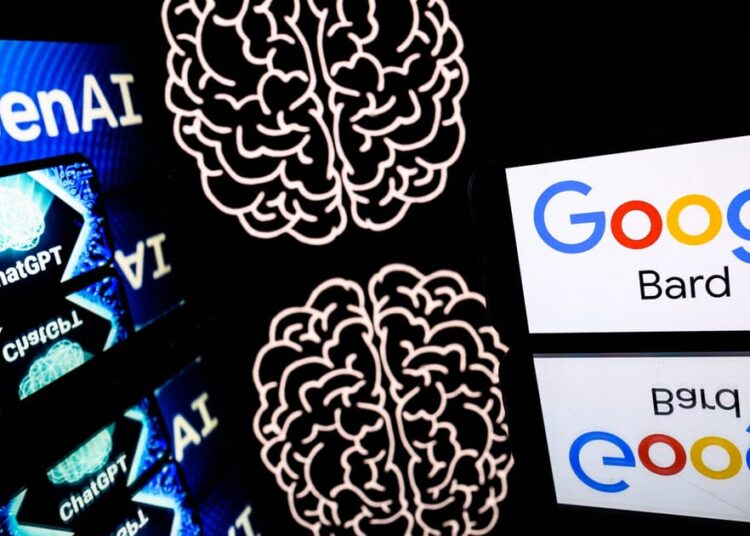The government’s “preferred option” in the consultation proposed amending copyright law to allow AI companies to train their models on public content for commercial purposes without permission from rights holders, unless rights holders “reserve their rights” by opting out.
The changes would be coupled with greater transparency requirements on AI firms, according to the government’s proposal.
POLITICO has reported that ministers plan to commit to publishing reviews into technical solutions for how these conditions could be met in a bid to quell criticism of the plans.
But in its response to the consultation, OpenAI said experience from other jurisdictions including the EU shows that opt-out models face “significant implementation challenges,” while transparency obligations could see developers “deprioritize the market.”
“The U.K. has a rare opportunity to cement itself as the AI capital of Europe by making choices that avoid policy uncertainty, foster innovation, and drive economic growth,” the company said, calling for a broad copyright exemption.
In its response, Google said rights holders can already effectively exercise “choice and control” to prevent web crawlers from scraping content online, but suggested those who opt out of AI training would not necessarily have a right to remuneration if they still appeared in a model’s training data.









